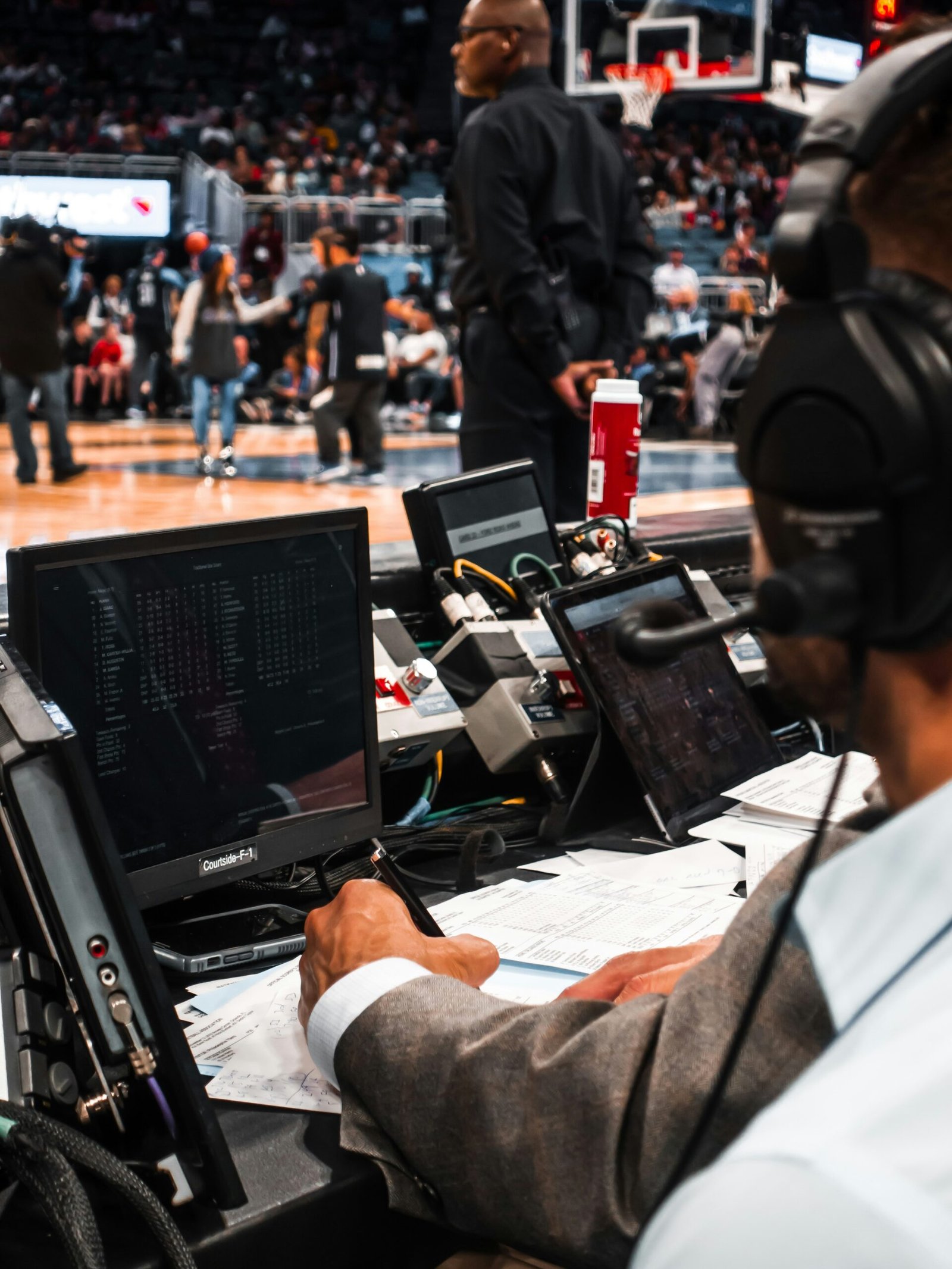Sports have always been a hotbed of data and statistics. Coaches, analysts, and fans alike are constantly seeking ways to gain a competitive edge. Enter artificial intelligence (AI), a game-changer in the world of sports analytics. With its ability to process vast amounts of data and uncover hidden patterns, AI is revolutionizing the way we analyze player performance, optimize game strategies, and prevent injuries.
Analyzing Player Performance with AI
AI algorithms have the power to analyze player performance in ways that were once unimaginable. By crunching data from various sources, including game footage, wearable technology, and biometric sensors, AI can provide coaches and analysts with valuable insights into an athlete’s strengths, weaknesses, and areas for improvement.
For example, AI can analyze an NBA player’s shooting form to identify subtle flaws that may be affecting their accuracy. It can also track a soccer player’s movement patterns to determine their positioning on the field and suggest optimal strategies for maximizing their impact.
AI-driven sports strategy optimization
AI is not just limited to analyzing player performance; it can also optimize game strategies. By analyzing historical data, including past performances, team dynamics, and opponent tendencies, AI algorithms can recommend the most effective game plans for coaches to implement.
Imagine an AI-powered basketball coach that can analyze the strengths and weaknesses of both teams, identify the optimal lineup, and suggest the most effective plays to run against a specific opponent’s defense. This level of strategic insight can give teams a significant advantage on the court.
Injury Prevention with AI in Sports
Injuries are a major concern in sports, both for athletes and teams. AI is playing a crucial role in injury prevention by monitoring athlete health and providing real-time feedback. Wearable technology, such as smartwatches and fitness trackers, combined with AI algorithms, can analyze biometric data and detect early signs of fatigue, overexertion, or potential injuries.
By alerting coaches and trainers to these risks, AI can help prevent serious injuries and keep athletes in peak condition. Additionally, AI can analyze injury data from across different sports and identify patterns that may contribute to specific types of injuries. This knowledge can inform training programs and help athletes avoid common pitfalls.
Advanced Sports Statistics with AI
AI is taking sports statistics to a whole new level. By processing vast amounts of data, including player performance, game outcomes, and even fan sentiment, AI algorithms can generate advanced statistics that provide a deeper understanding of the game.
For example, AI can analyze a soccer team’s passing patterns and provide insights into their ball possession strategies. It can also analyze a baseball player’s swing mechanics and predict their likelihood of hitting a home run based on historical data.
AI-powered Scouting and Recruitment
Scouting and recruitment are critical processes in sports, and AI is making them more efficient and effective. By analyzing player data from various sources, including game footage, statistics, and social media, AI algorithms can identify promising talents and provide objective insights to scouts and coaches.
AI can also assist in talent identification by analyzing player attributes and comparing them to successful athletes in the same position. This can help teams make more informed decisions when it comes to drafting or signing new players.
Video Analysis with AI in Sports
Video analysis has long been a staple of sports coaching, but AI is taking it to a whole new level. By using computer vision algorithms, AI can analyze game footage and provide real-time insights to coaches and players.
For example, AI can track a tennis player’s movement on the court and provide feedback on their footwork and positioning. It can also analyze a soccer team’s defensive strategies and suggest improvements based on opponent movements.
Conclusion
AI is revolutionizing sports analytics in numerous ways. From analyzing player performance to optimizing game strategies and preventing injuries, AI is helping teams gain a competitive edge. With its ability to process vast amounts of data and uncover hidden patterns, AI is changing the game for coaches, analysts, and athletes alike.
As technology continues to advance, we can expect AI to play an even bigger role in sports analytics, providing new insights and helping teams push the boundaries of what is possible on the field.

